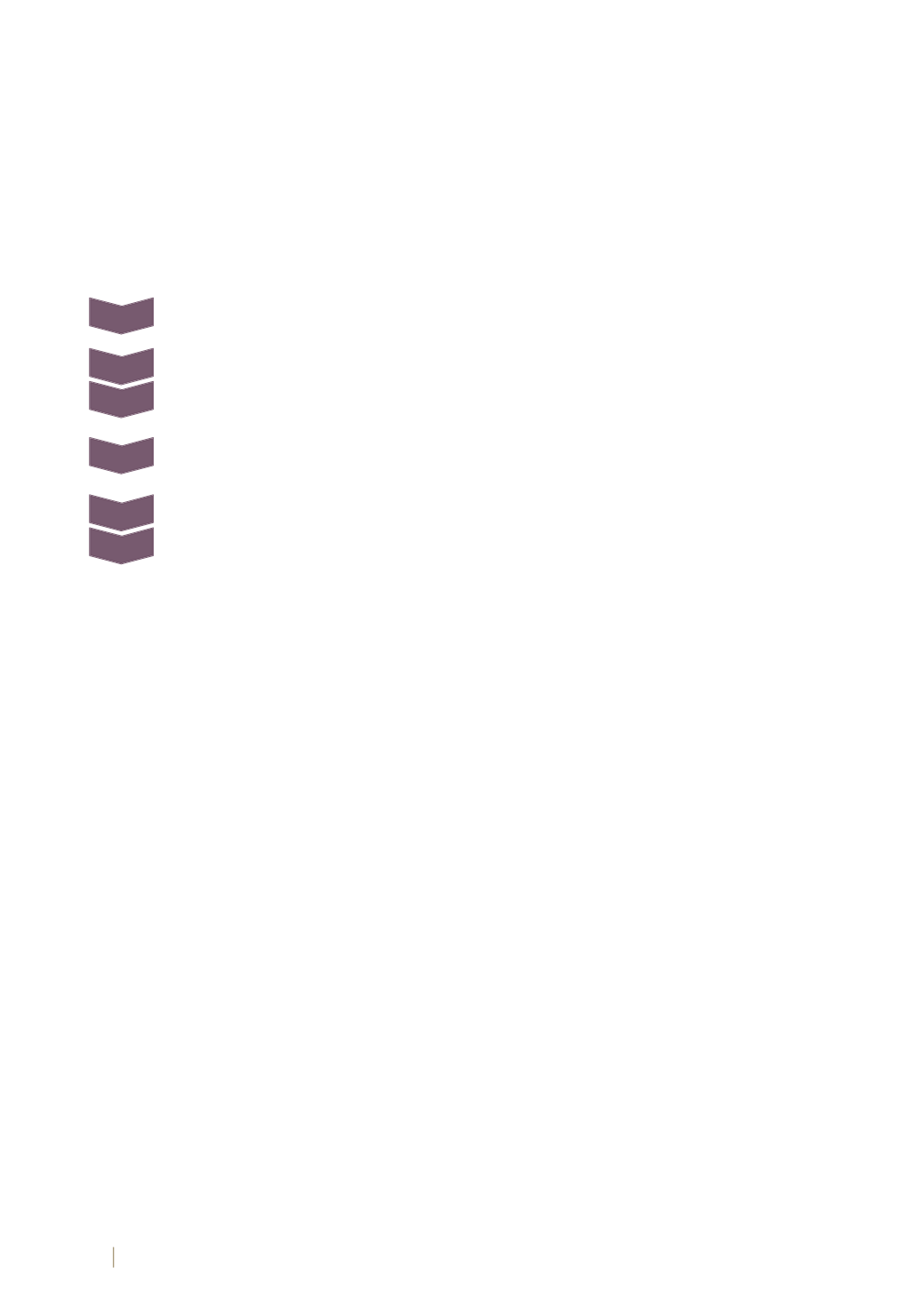
48
ALRAQABA . ISSUE 16
The current status of SAB’s control over construction projects:
The State Audit Bureau of Kuwait was established with the aim of ensuring an effective control over
public funds, as provided by Law No. 30 for the year 1964.
The following entities shall be subject to the control of SAB:
1
All ministries, departments, and public organizations that constitute the administrative
system of the State.
The municipalities and all other local bodies with a public legal entity.
Public commissions, establishments, and organizations attached to the State, the
municipalities, or other local bodies with a public legal entity.
Companies or establishments in which the State or any other public legal entity holds a
share of not less than 50% of their capital or guarantees them a minimum profit.
Companies licensed to utilize or manage one or more of the public facilities.
Companies licensed to utilize any of the State’s natural resources.
2
3
4
5
6
According to Article (7) of SAB Law and the
Explanatory Note, the State Audit Bureau
of Kuwait shall have the following types of
control
:
Feed forward control:
Articles (13) and (14) of the SAB Establishment
Law provide that SAB may exercise a feed
forward control over supply and public work
tenders if the value of each tender is one
hundred thousand Kuwaiti Dinars or above. The
legislature also stipulated that it is necessary to
acquire a permission from SAB in this regard, and
the feed forward control shall take place prior to
interring into a commitment or processing any
disbursement. Therefore, the scope of control
may be extended to all expenses, including
construction project expenditures, and may be
limited to certain types. The conduct of a feed
forward control requires that no commitment
shall be made unless a permission to this effect
is obtained from the competent authority, i.e.
SAB. In this sense, no permission shall be
granted for interring a commitment or processing
a disbursement only once such commitment
or disbursement is proved to be sound and
consistent with the provisions of the financial
laws, regulations, and circulars, as well as the
general rules of the budget. Thus, this type of
control is believed to be a preventive control.
Feedback Control
It is basically a remedial control, which takes
place following the commitment or disbursement
process, including the disbursements relating to
construction projects. Article (83) of SAB Law
provides that SAB shall control the execution
of construction projects within their allocations
in the budget and shall ascertain whether their
execution has achieved the results and objectives
of which the allocations and expenditures were
made. Evidently, this entails that SAB may take
any possible means it deems necessary to fully
exercise its entrusted mandate.
The exercise of SAB functions are demonstrated
in Articles (26) to (33) of SAB Law. Article (26)
provides that SAB shall exercise its functions by
means of inspection, examination and review,
and that surprise inspections may take place.
According to Article (27), the technical staff of
SAB shall be charged with the inspections,
examinations and reviews required by SAB in


